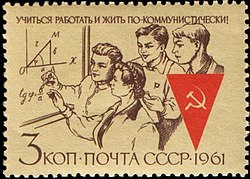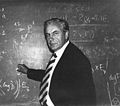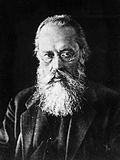
This list of Russian mathematicians includes the famous mathematicians from the Russian Empire, the Soviet Union and the Russian Federation.

This list of Russian mathematicians includes the famous mathematicians from the Russian Empire, the Soviet Union and the Russian Federation.



Alexander Friedmann Known for Friedmann equations Friedmann–Lemaître–Robertson–Walker metric







